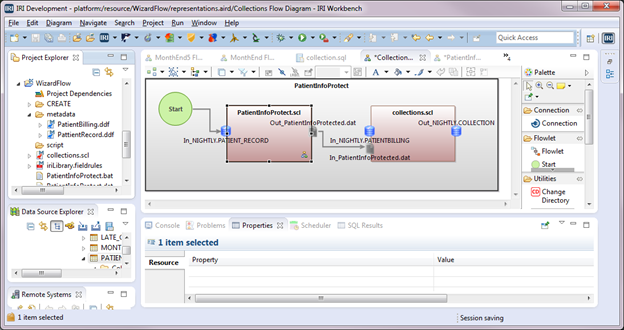 ETL
ETL
Creating a Voracity Flow from a Wizard (Part 2…
This is the second of two articles where we are creating an IRI Voracity ETL flow using new jobs wizards in the IRI Workbench GUI for Voracity, built on Eclipse. Read More
 ETL
ETL
This is the second of two articles where we are creating an IRI Voracity ETL flow using new jobs wizards in the IRI Workbench GUI for Voracity, built on Eclipse. Read More
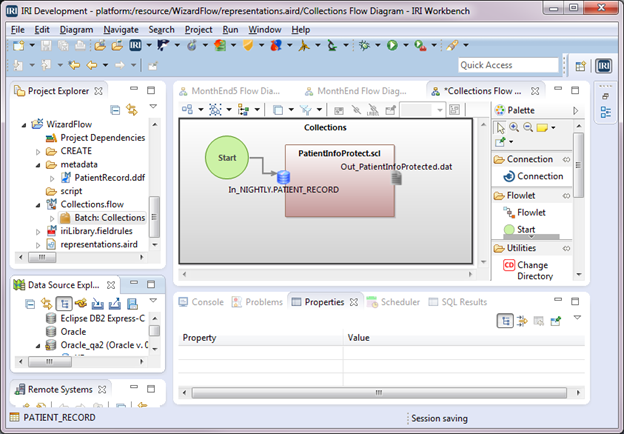 ETL
ETL
Abstract: The IRI Voracity data management platform provides data integration tools, including data pipeline automation for high-performance ETL (Extract-Transform-Load) operations. This article is the first in another series on how to create and use high-performance ETL workflows in the IRI Workbench GUI for Voracity. Read More
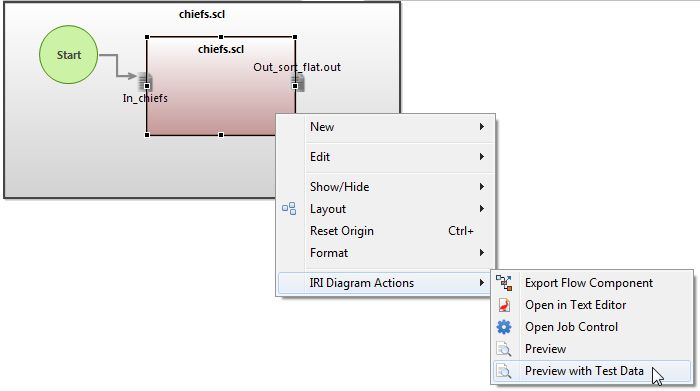 Data Transformation
Data Transformation
During the design of IRI Voracity workflows in the IRI Workbench (Eclipse) GUI, you can preview the results of one or more transforms before saving or running the project. Read More
 Data Quality (DQ)
Data Quality (DQ)
Customers drive business, and they want to be understood and valued. That starts with getting their (only) name right, and having an accurate view of their transaction history, preferences, and related information. Read More
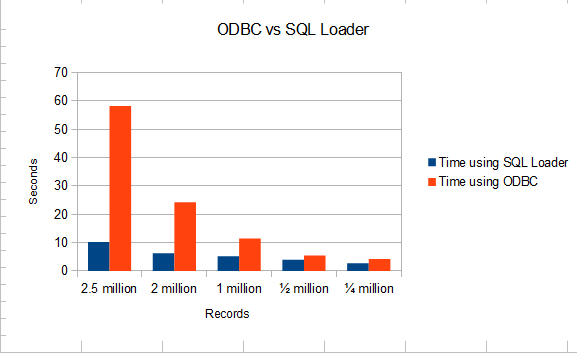 Data Migration
Data Migration
The Opening Question
ODBC gets a bad rap for speed sometimes … but should it? You’d think from what’s posted online that ODBC is intrinsically slow:
Microsoft disagrees in the case of SQL Server. Read More
 Data Quality (DQ)
Data Quality (DQ)
Introduction
In this article, I suggest ways to move your company’s data towards a higher state of quality. The highest quality occurs when the data meets the needs of your company. Read More
 Big Data
Big Data
As the old English proverb says, “necessity is the mother of invention.” When it comes to modern business intelligence goals, these words of wisdom ring truer than ever. Read More
 Big Data
Big Data
Before Big Data became a buzz word and Gartner hype cycle fodder (never mind falling into the ‘Trough of Disillusionment‘), companies like IRI were handling it. Read More
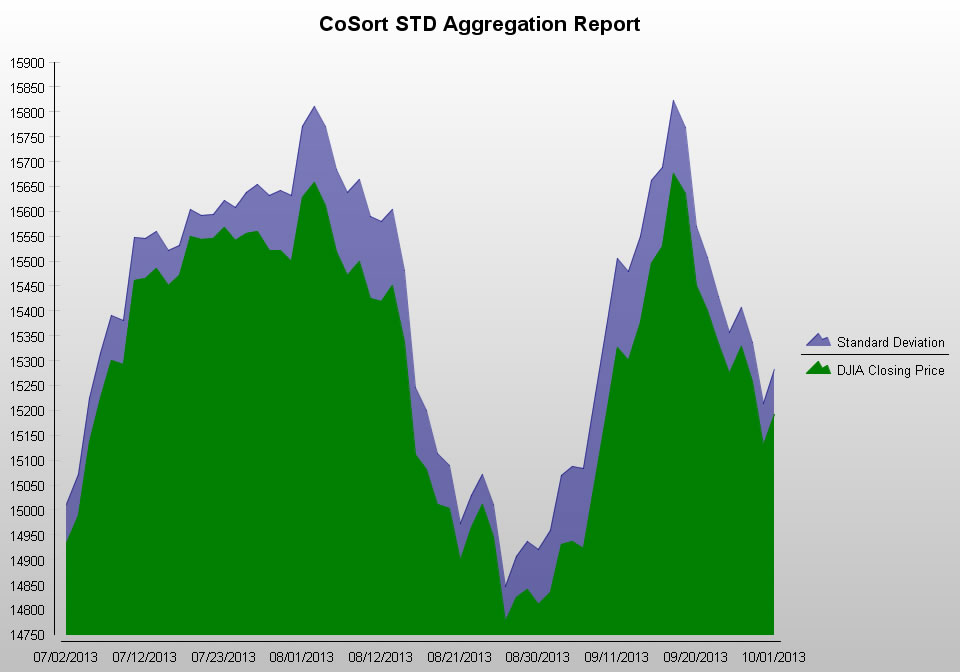 Business Intelligence (BI)
Business Intelligence (BI)
About Standard Deviation
Standard Deviation is a statistical measure of variance between data values and their mean (or average value). Standard deviation is calculated as the square root of that variance. Read More
 Business Intelligence (BI)
Business Intelligence (BI)
As CoSort users have known for a long time, the Sort Control Language (SortCL) program supports multi-level, conditional aggregation functions on a static or running basis. Read More